Uncategorized
-
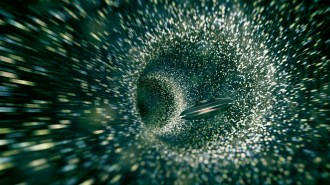 Physics
PhysicsWe could get messages back from spacecraft sent through a wormhole
A simulation of a probe sent to the other side of a wormhole shows it could send speedy messages back before the hole closes and the probe is lost.
-
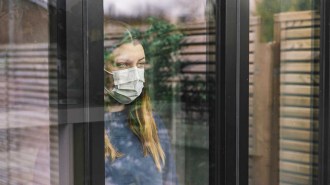 Health & Medicine
Health & MedicineBrain scans suggest the pandemic prematurely aged teens’ brains
A small study suggests that the COVID-19 pandemic may have aged teen brains beyond their years.
By Freda Kreier -
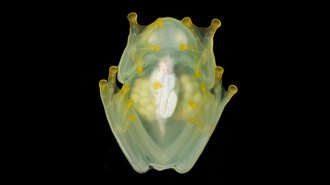 Life
LifeSleeping glass frogs hide by storing most of their blood in their liver
Glass frogs snoozing among leaves blend in by hiding almost all their red blood cells in their liver until the tiny animals wake up.
By Susan Milius -
 Climate
ClimateExtreme weather in 2022 showed the global impact of climate change
Heat waves, floods, wildfires and drought around the world were exacerbated by Earth’s changing climate.
-
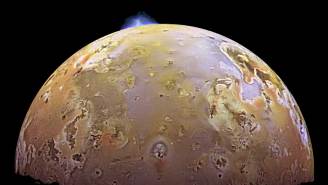 Space
SpaceIo may have an underworld magma ocean or a hot metal heart
New calculations support dueling ideas for what powers the ubiquitous volcanoes on the hellish surface of Jupiter’s innermost moon.
By Nikk Ogasa -
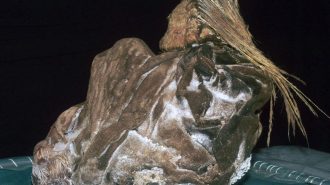
These are the most popular Science News stories of 2022
Science News drew over 13 million visitors to our website this year. Here’s a recap of the most-read news stories and long reads of 2022.
-
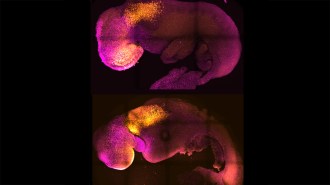 Health & Medicine
Health & MedicineThese 5 biomedical advances gave 2022 a sci-fi feel
Big steps in biology and medicine include pig to human organ transplants, synthetic embryos and a fully complete human genome.
By Meghan Rosen -
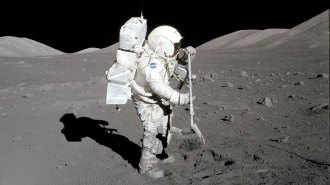 Space
SpaceHumans haven’t set foot on the moon in 50 years. That may soon change
In 1972, the era of crewed missions to the moon came to an end. Fifty years later, a new one has begun.
-
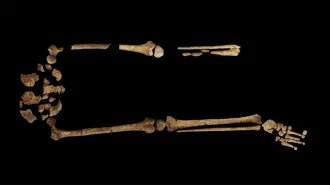 Life
LifeHere are 5 record-breaking science discoveries from 2022
The earliest surgery, fastest supercomputer and biggest single-celled bacteria were some of this year’s top science superlatives.
By Erin Wayman -
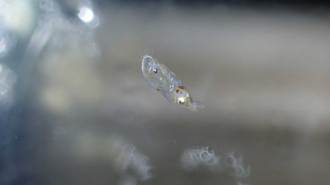 Life
LifeSquid edit their RNA to keep cellular supply lines moving in the cold
Squid change their RNA more often in the cold, producing motor proteins that keep cellular cargo on track.
-
 Astronomy
AstronomyThe James Webb Space Telescope wasn’t the only big space news in 2022
DART crashed into an asteroid, Artemis went to the moon and we got a pic of our galaxy’s monstrous black hole. Space was a busy place this year.
-
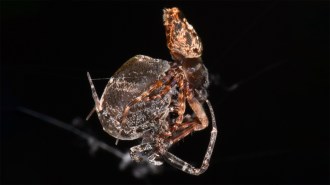 Animals
AnimalsThese are our favorite animal stories of 2022
Goldfish driving cars, skydiving salamanders and spiders dodging postcoital death are among the critters that most impressed the Science News staff.